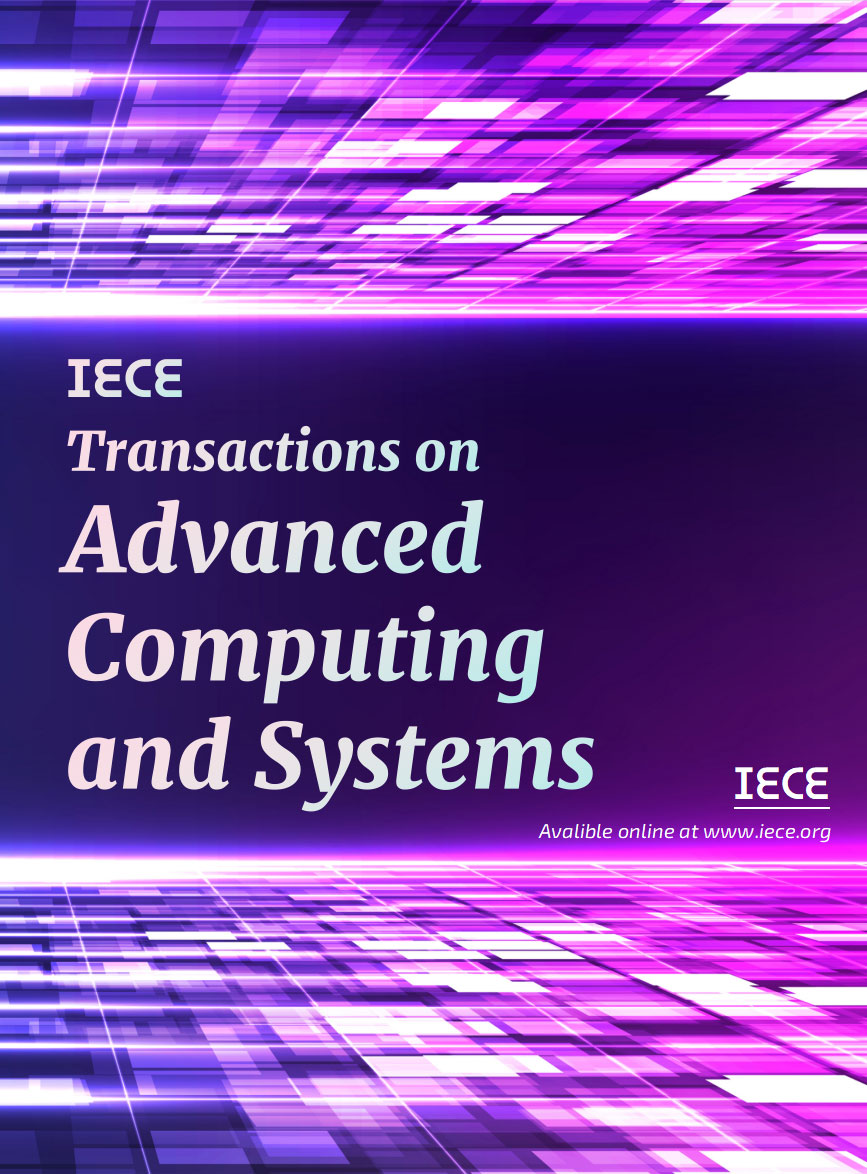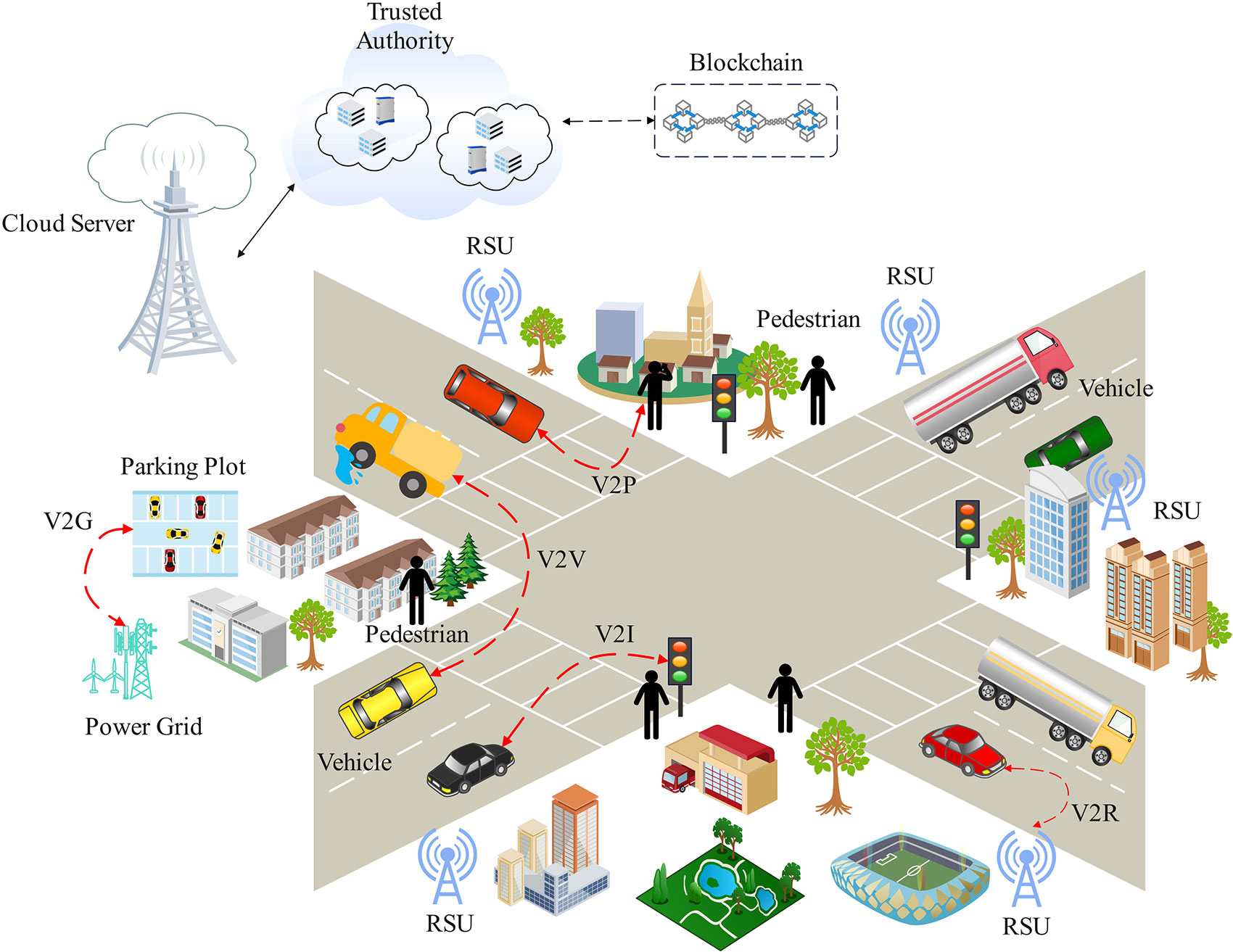Abstract
The Internet of Vehicles (IoVs) is an emerging technology that enhances transportation systems by enabling interactions between vehicles, infrastructure, and other entities. Securing IoV networks from cyber threats like eavesdropping, data tampering, and intrusions is a major challenge. This research presents a Blockchain-Enabled Secure Authentication Protocol for IoVs (BESA-IOV), which leverages blockchain’s decentralized and tamper-resistant nature for secure communication in vehicular networks. By utilizing ECC-based lightweight cryptography and blockchain-based public key management, it ensures strong authentication, confidentiality, and integrity. The results show that BESA-IOV significantly reduces authentication delay and computational cost compared to protocols such as NOTSA, RVAC, VANET-Auth, and SecureIoV. Extensive simulations indicate that BESA-IOV reduces authentication delay by 35% and computational overhead by 40%, enhancing real-time communication in the IoV environment. BESA-IOV is secure, efficient, and scalable for next-generation IoV systems.
Keywords
internet of vehicles (IoV)
blockchain-enabled secure authentication protocol (BESA)
blockchain
secure authentication
Data Availability Statement
Data will be made available on request.
Funding
This work was supported without any funding.
Conflicts of Interest
The authors declare no conflicts of interest.
Ethical Approval and Consent to Participate
Not applicable.
Cite This Article
APA Style
Haider, M. H. A., Fayaz, M., Zhang, Y., Noureen, H., Haider, Z. A., Khan, F. M., Khan, I. U., & Rahman, M. M. (2025). Enhancing Authentication Security in Internet of Vehicles: A Blockchain-Driven Approach for Trustworthy Communication. IECE Transactions on Advanced Computing and Systems, 1(1), 48–62. https://doi.org/10.62762/TACS.2025.835144
Publisher's Note
IECE stays neutral with regard to jurisdictional claims in published maps and institutional affiliations.
Rights and permissions

Copyright © 2025 by the Author(s). Published by Institute of Emerging and Computer Engineers. This article is an open access article distributed under the terms and conditions of the Creative Commons Attribution (CC BY) license (
https://creativecommons.org/licenses/by/4.0/), which permits use, sharing, adaptation, distribution and reproduction in any medium or format, as long as you give appropriate credit to the original author(s) and the source, provide a link to the Creative Commons licence, and indicate if changes were made.


 Submit Manuscript
Edit a Special Issue
Submit Manuscript
Edit a Special Issue

 Copyright © 2025 by the Author(s). Published by Institute of Emerging and Computer Engineers. This article is an open access article distributed under the terms and conditions of the Creative Commons Attribution (CC BY) license (https://creativecommons.org/licenses/by/4.0/), which permits use, sharing, adaptation, distribution and reproduction in any medium or format, as long as you give appropriate credit to the original author(s) and the source, provide a link to the Creative Commons licence, and indicate if changes were made.
Copyright © 2025 by the Author(s). Published by Institute of Emerging and Computer Engineers. This article is an open access article distributed under the terms and conditions of the Creative Commons Attribution (CC BY) license (https://creativecommons.org/licenses/by/4.0/), which permits use, sharing, adaptation, distribution and reproduction in any medium or format, as long as you give appropriate credit to the original author(s) and the source, provide a link to the Creative Commons licence, and indicate if changes were made. 
